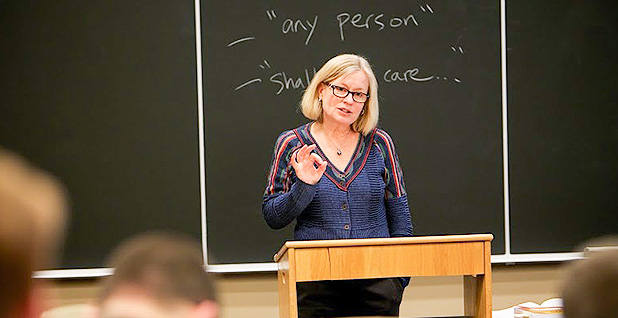
In August 2015, 21 plaintiffs, ranging from 8-19 years old at the initial hearing, filed a landmark lawsuit against the United States as well as many specific members of the Federal Government. In short, their claim was that the U.S. Government had knowingly violated the rights of the plaintiffs and future generations, by encouraging, subsidizing, and permitting activities relating to carbon and other greenhouse gas emissions. The consequences of these actions will infringe on the plaintiffs constitutional rights to life and liberty. They further asserted that, since most of their generation does not yet have the right to vote, they had been robbed of their future before they even had a say.
Remarkably, the case made its way through the legal system to the Ninth Circuit Court of Appeals before it was dismissed there and is currently pending on appeal, which many hope could be won such that it would move forward to the Supreme Court in 2021. In the meantime, the Juliana v. US case has sparked a litany of opinion pieces, amicus curiae briefs, and academic attention.
It has even grabbed the attention of Lisa Heinzerling, the Justice William J. Brennan, Jr., Professor of Law at the Georgetown University Law Center. Heinzerling is an award winning professor and researcher, as well as an expert in the fields of administrative law, environmental law, food law, and torts. She has also published several books, notably: Priceless: On Knowing the Price of Everything and the Value of Nothing.
In this “meditation,” Heinzerling takes us along on the journey of Juliana v. US, as only an expert can. Explaining the complexities of the case and its many appeals in common language, Heinzerling notes how fascinating this case truly is, its impact after its dismissal, and the future implications of climate law. Ultimately, Juliana v. US was dismissed on a technicality, and even then it was dismissed 2-1. By comparing this case to one with a related one: Exxon v. Healey, Heinzerling explores the possibility that this may be only the beginning of this sort of lawsuit and expresses her dissatisfaction with the dismissal of Juliana v. US.
Part of the Environmental Law & Policy Program Lecture Series.

